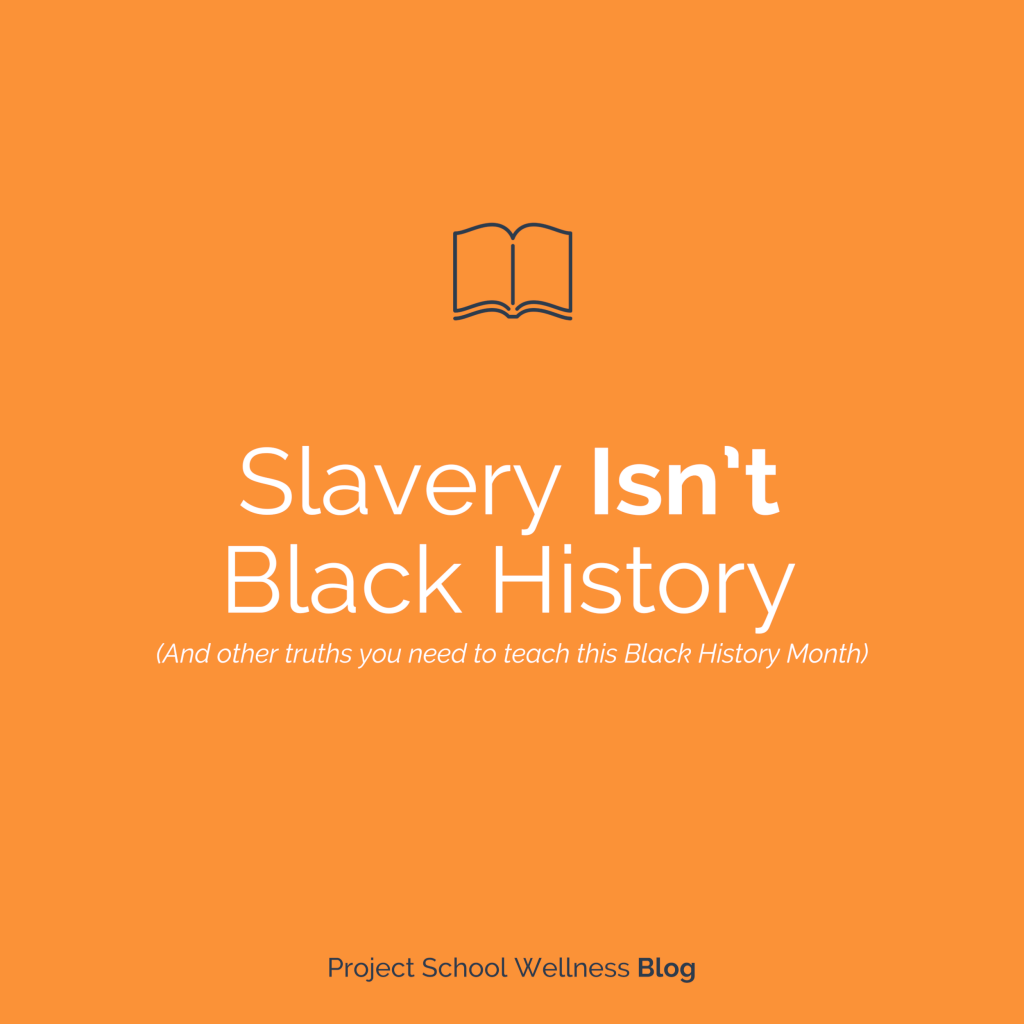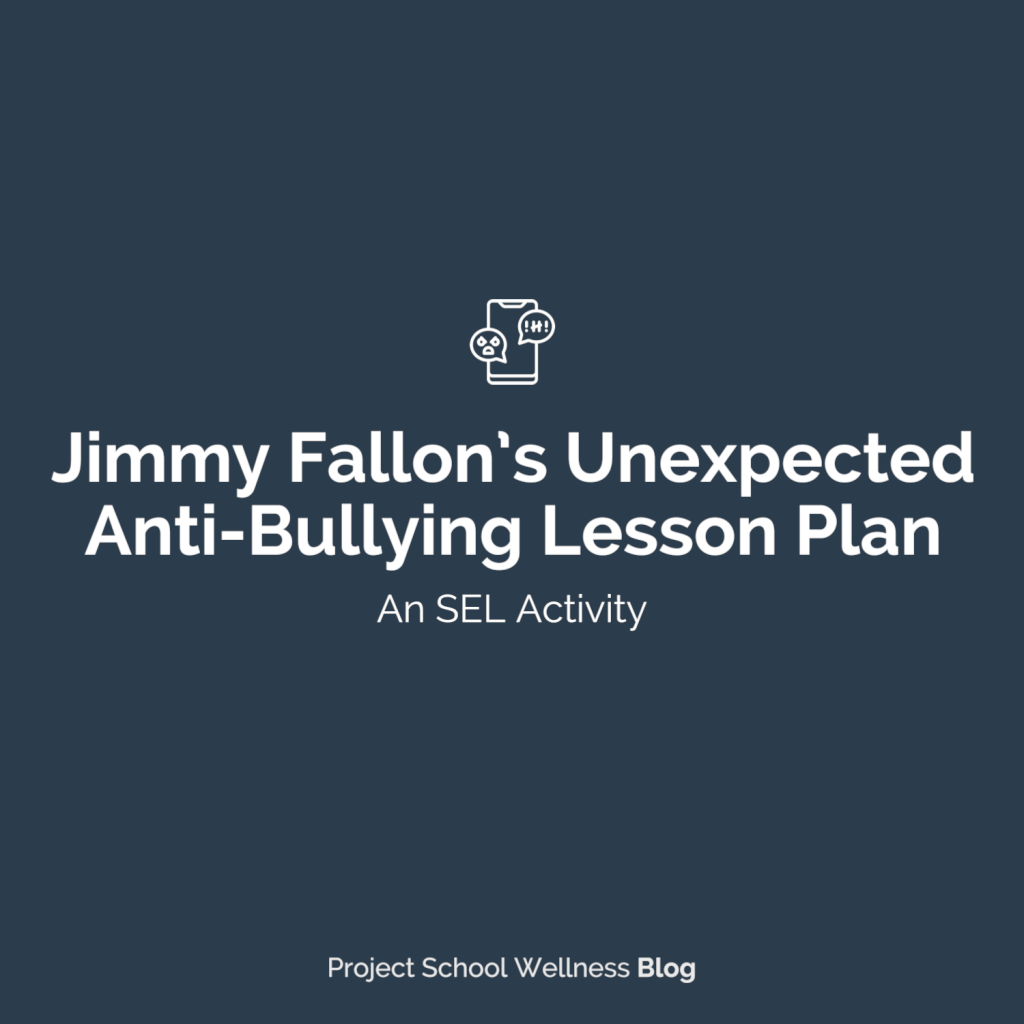Five Tips For Designing Meanginful Lesson Plans
That Will Help You Create Engaging, Impact, and Fun Learning Experiences
Since starting Project School Wellness in 2015, I've been aspiring to design and teach lessons that are engaging, meaningful, and fun.
Throughout the past five years, I've definitely had lessons that hit the mark, while I've also had plenty that fell short. But through it all, the good, bad, and ugly, each one has taught me a great deal about designing meaningful lesson plans.
As I launch 2.0 of the Project School Wellness Curriculum, I've been reflecting on what I've learned throughout the process, especially what I've learned about creating engaging lessons. And today, I wanna share the top five tips I've learned.
#1: You don't have to keep reinventing the wheel, repurpose activities whenever possible.
I highly recommend resuing activities. Some may say it's lazy, but I think it's efficient and impactful. As you reuse activities, the structure and process stay the same but the content can easily be switched out and modified.
I have about five activities I keep on rotation. They help students understand new concepts, students think they're fun, and they require minimal prep and instruction.
Note-taking strategies, discussion protocol, and games are all excellent activities that can be easily used again and again.
#2: Don't waste your time doing something Google does perfectly well, instead focus on skills.
Meaningful health lessons need to prioritize skills over memorizing information. Yes, information is important but when most information is so readily available and accessible, it's not what we should be prioritizing in our classrooms.
For Example: Let's talk about STIs. Most lessons I've seen about STIs focus on drilling the signs and symptoms of STIs into students' heads.
Don't get me wrong, it's valuable to understand the signs and symptoms but memorizing this information it's not vital (because of Google). However, it is vital that...
- Students have the confidence to reach out to medical care and explain what's happening to their body when they believe something's wrong.
- Students know where to access valid information about STIs.
- Students have the interpersonal skills to have open and honest conversations with their sexual partner about their history.
These skills are what our learning experiences should actually focus on, not memorizing information students can just Google.
Free Skills-Based Health Ed Workshop
#3: Don't focus on how much content students can produce, instead focus on how confidently and competently students can apply knowledge and skills to real life.
In the past, I've been hyperfocused on the amount of content a student can produce rather than focusing on the quality. Over the years, I've learned that in terms of a skills-based classroom, it's not about how many times a student can do something. Instead, it's all about whether or not they can independently execute skills with confidence and competence.
What does this look like? - - For example, instead of asking students to do a worksheet with five conflict-resolution scenarios to role-play, give them only one or two scenarios to explore and prompts for a thoughtful discussion.
#4: Don't do all the talking, give students time, space, and structure to have thought-provoking conversations.
As a teacher, it's so easy to just talk and talk and talk, which can be so detrimental to students' learning.
One of the biggest lessons I've learned over the years is to give students more time, space, and structure for discussion.
Talking about concepts and skills requires students to engage in a way that just listening doesn't demand. Talking with their peers challenges their thinking and helps strengthen their understanding of the content.
I suggest have multiple discussions during every class period. It can be a brief turn and talk, free-style convo, or be a highly structured debate. It's totally up to you!
>>> Blog Posts: Three Things Every Students Needs to Do When Discussing and Four Discussion Strategies
#5: Sometimes you just gotta take the L and start over.
Let's face it, some lessons are just don't work. Maybe you didn't plan with enough detail, your students had an off day, or you totally misjudged how your students would interact with the content. Whatever the case, allow yourself to fail, learn from the feedback, and start again.
Real-Life Example: In the Spring of 2019, I had already been working on 2.0 of the Project School Wellness Curriculum for six months. Six months. The finish line was in sight. I was in the home stretch.
But then, the more I learned about skills-based health education, I knew I needed to go back to square one and start over!
So here we are, finally launching a project in March of 2020 that was supposed to be done in July 2019! Sometimes you gotta take the L, learn from it, and move on.
Bonus Tip: If you're lacking inspiration, do more research.
Lesson planning can be taxing. While designing 2.0 I would sometimes get stuck. I had no inspiration, unsure of how to outline a module or craft a lesson. All inspiration gone.
It was during one of these moments when I heard this timely advice, "Whenever you have writers' block, go to do more research. And keep researching until inspiration hits."
Ever since then, whenever I need to get the creative juices flowing I put this advice into practice. I'll do something like watch YouTube videos, read books or articles, listen to podcasts, or see if Netflix has a documentary on the topic. So far, it's worked every time!
What About You?
Well, those are my tips. I hope they're helpful! I'd love to hear about yours! Share them in the comments or shoot me an email. I'm always looking for ways to create better lessons.



Free Skills-Based Health Education Workshop
Get instant access to our free "How to Teach Skills-Based Health" workshop. Earn free CE hours and download free advocacy lesson plans!
Hello. I'm Janelle!
A middle school health teacher turned curriculum developer (and #WAHM). I'm on a mission to share the easiest-to-teach, most impactful health lesson plans on the Internet. Because your time and energy is better spent on teaching and connecting, not on planning and prep.




